Blog
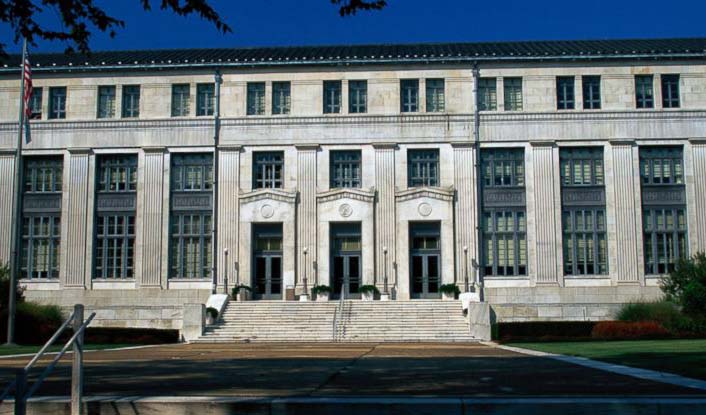
Trump’s Executive Order to Enhance Public Safety in the Interior of the United States
Enforcing immigration laws in the interior of the USA is important for public safety. Many “aliens” who enter illegally or who overstay their visas are a threat to public safety. Sanctuary cities violate federal laws by shielding illegal immigrants from removal, Tens of thousands of removable aliens have been released into our communities because their home countries refuse to take them back.
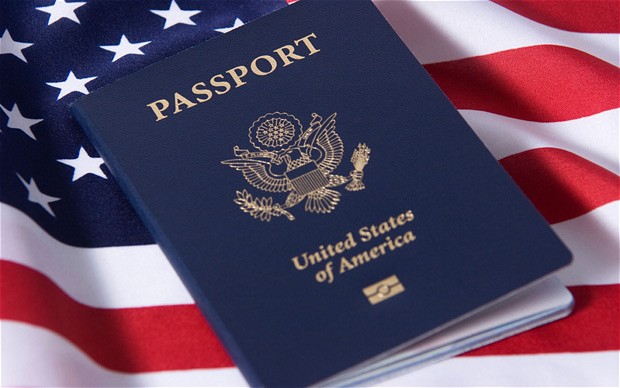
Trump’s Conflicting Messaging on Immigration
On the campaign trail in August 2016, Trump told a crowd during a campaign rally in Phoenix that he would direct law enforcement authorities to deport all convicted criminals illegally in the USA, a group he estimated to be about 2 million people. “We will begin moving them out day one,” he said. “Day one, my first hour, those people are gone.”
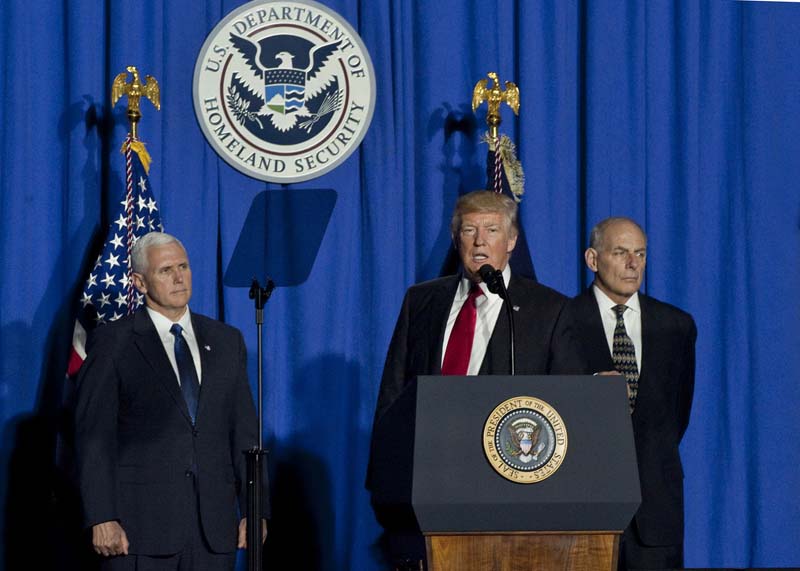
AILA & Others File Law Suit Against Department of Homeland Security Over Asylum Seekers
A law suit filed by AILA and other Immigration and Civil Rights Groups alleges that since the beginning of summer 2016 the organizations began receiving reports that people presenting themselves at the border requesting asylum were being turned away by Customs and Border Protection (CBP).
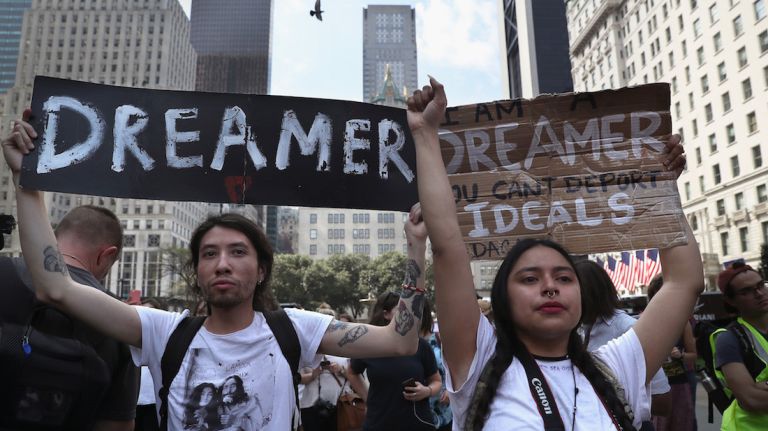
More Republicans and Democrats Sign BRIDGE Act to Protect Dreamers
The BRIDGE Act, initially introduced in the Senate in 2016 was reintroduced to the new Congress, and to the House for the first time just eight days prior to President-elect Trump having a chance to revoke the executive order that granted deportation protection to DACA recipients.

The American Immigration Lawyers Association (AILA) Reports on Senator Sessions Comments on Immigration at his Confirmation Hearing
On the proposed Muslim Ban: the Senate Judiciary Committee voted 16-4 to not block Muslims from entering. Senator Jeff Sessions was one of the four votes supporting the ban on Muslims.
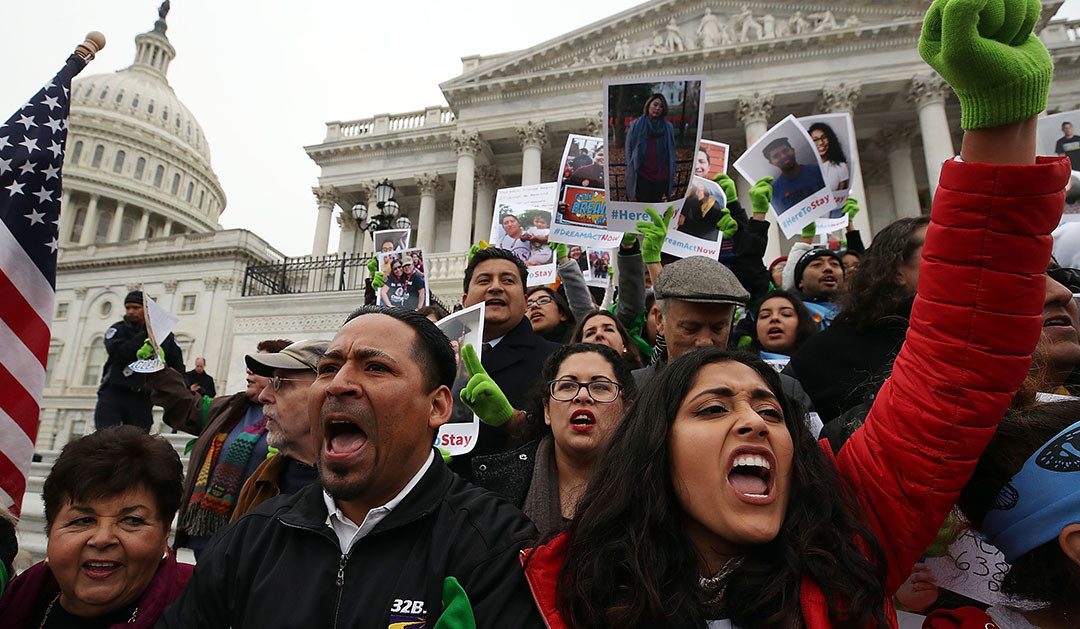
Senators Introduce Starkly Different Bills for DREAMERS
On December 9, 2016, Senator Grahams (Republican- South Carolina), Durbin (Democrat- Illinois), Murkowski (Republican- Arkansas) and Flake (Republican- Arizona) and Schumer (Democrat – New York) introduced the BRIDGE Act (Bar removal of Immigrants Who Dream and Grow the Economy Act), to provide temporary protection to those who qualified for Deferred Action for Childhood Arrivals (DACA) under President Obama’s Executive Action.
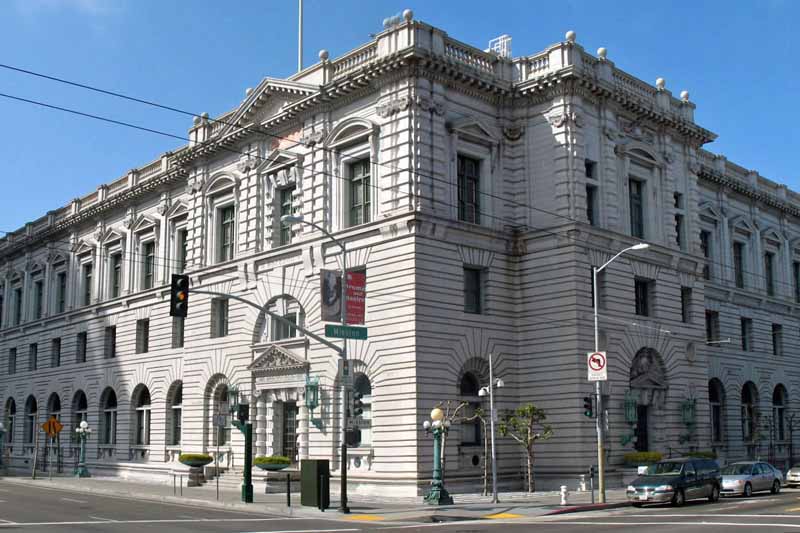
California District Court Says Immigrant’s Ability to Pay Should Influence Bond Amounts
For those of us who practice in Immigration Court in Arizona, this is an especially important decision. Immigration Bonds in Arizona are exorbitantly high. The average bond amount for arriving aliens is from $15,000 to $25,000.
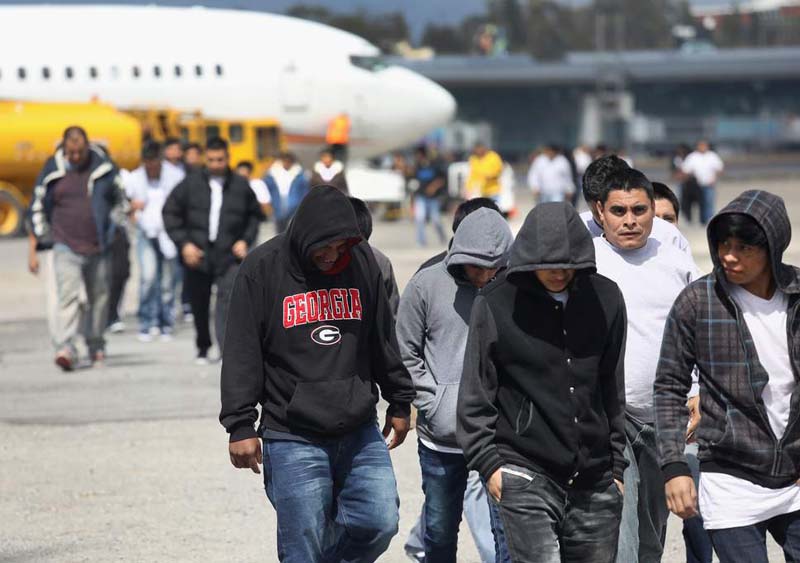
Deportation is Big Business for Some
According to Aviva Shen, writing for ThinkProgress.org, if Trump’s plan to deport 2 to 3 million immigrants comes to pass, it will spell big profits for not only corporations such as GEO Group and CoreCivic, companies in charge of running immigration detention centers but also companies hired by Immigration and Customs Enforcement (ICE) for private charter flights to deport these people to their country of origin.

Thinking Ahead on How to Protect the Dreamers
Republican Senators Lindsey Graham (South Carolina) and Jeff Flake (Arizona) began brainstorming and formulating plans with Democrats on how to protect the Dreamers, the DACA recipients who received protection from deportation under President Obama’s executive order in 2012.

Donald Trump and the Refugee Crisis
Refugees world-wide have heard the message from the Trump campaign – temporarily ban Muslims and people from “terrorist countries.” President elect Trump sees Syrian refugees as a Trojan horse, by which terrorist use the refugee label to enter the United States.




